I get asked all the time “How do I become a psychotherapist?” or “How do I go into private practice as a therapist?”. The short answer is always to READ, READ, READ. I listened to every audiobook I could get my hands on as an outpatient social worker in my car all day. I read every book I could get my hands on at night. Unfortunately you will not leave a graduate degree with all the tools it takes to function as a private practice therapist. Nor will you stay a very informed clinician if you do not continue to read. I add all of the books that have been indispensable to my practice. They helped me. I hope that they can help you too. These links all goal through our Amazon affiliate portal. You can buy the books from anywhere, but it helps me pay to host free resources on the site when you buy them from here.

1. Bessel Van Der Kolk – The Body Keeps the Score
Bessel Van der Kolk has an uncanny ability to take complicated clinical concepts and explain them in a way that anyone can easily intuit. This book explains both the history and likely future of trauma treatment. Additionally it reviews the way to recognize the effects of trauma on a person’s life, and the most effective ways to treat it.
2. Karen Horney – Neurosis and Human Growth
I use Horney’s concepts in almost every case I treat. The book is timeless and Horney’s understanding of how attachment effects the life course is how we relate to the world.
3. Sidra and Hal Stone – Embracing Ourselves
We all have sub personalities. The pusher, the people pleaser, the inner critic. Much like internal family systems, voice dialogue therapy breaks the personality into semi autonomous parts. I use voice dialogue with almost every patient.
4. Irvin Yalom – Existential Psychotherapy
Yalom’s book is enormous and dense and well researched. Yalom spent a life time analyzing the existential fears of the originators of psychotherapy, and how existential philosophy could be used to conceptualize patients. If you’re a fan of existentialism, and a psychotherapist, pick up a copy.
5. Joseph Campbell – The Hero With a Thousand Faces
George Lucas finished the this book right before he sat down to write the original Star Wars. Campbell directly influenced two decades of storytellers. The screenwriting building at UCL is still named after Campbell. still deeply controversial, The Hero With a Thousand Faces puts forth the thesis that there is a map of how to make meaning in the human unconscious that surfaces in myths and legends. Its a love or hate book.
6. Eliade Mircea – The Sacred and the Profane
Mircea was one of the first to study religion as an academic subject. We all have a personal mythology. We are myth making creatures. Mircea’s examination of myth and the deep unconscious is an indispensable tool for depth oriented clinicians.
7. The Denial of Death – Ernest Becker
Becker won the Pulitzer prize for this book. The thesis is that many defenses mechanisms arise from our suppressed awareness of the reality of our own death. Becker’s work does not fit neatly into Jungian or Freudian analytical schools, but integrates easily into both.
8. James Hollis – Through the Dark Wood
Hollis is a Jungian Analyst and and his book is an examination of mid life. Hollis makes several observations that have changed my practice in this book. Many of the most exciting opportunities for a persons growth and development come at mid life.
9. James Hillman – The Souls Code
Hillman was a rock star of a Jungian analyst in his time. His premise is perhaps over stated, but the book offers an exciting direction for new therapists. We are born with the seeds of our destiny within us. It is only the job of the therapist to put the patient in touch with the “perfect” version of themselves they have lost touch with.
10. The Dominion of the Dead – Book by Robert Pogue Harrison
Fantastic examination of the ritual of burial and what it says about our culture. Much like Becker’s, The Denial of Death, Harrison explores how the fear of death affects the deep unconscious.
Disclaimer:
GetTherapyBirmingham.com is a participant in the Amazon Services LLC Associates Program, an affiliate advertising program designed to provide a means for sites to earn advertising fees by advertising and linking to Amazon.com. As a mailing list subscriber we will never sell your information.
Bibliography:
van der Kolk, Bessel A. The Body Keeps the Score: Brain, Mind, and Body in the Healing of Trauma. Penguin Books, 2014.
Horney, Karen. Neurosis and Human Growth. W.W. Norton & Company, 1991.
Stone, Sidra, and Hal Stone. Embracing Ourselves: The Voice Dialogue Manual. Nemoseen Media, 1993.
Yalom, Irvin D. Existential Psychotherapy. Basic Books, 1980.
Campbell, Joseph. The Hero with a Thousand Faces. New World Library, 2008.
Eliade, Mircea. The Sacred and the Profane: The Nature of Religion. Harcourt, 1959.
Becker, Ernest. The Denial of Death. Free Press, 1973.
Hollis, James. Through the Dark Wood: Finding Meaning in the Second Half of Life. Shambhala, 1998.
Hillman, James. The Soul’s Code: In Search of Character and Calling. Grand Central Publishing, 1996.
Harrison, Robert Pogue. The Dominion of the Dead. University of Chicago Press, 2003.
Further Reading:
Levine, Peter A. Waking the Tiger: Healing Trauma. North Atlantic Books, 1997.
Ogden, Pat, and Janina Fisher. Sensorimotor Psychotherapy: Interventions for Trauma and Attachment. W.W. Norton & Company, 2015.
Siegel, Daniel J. The Developing Mind: How Relationships and the Brain Interact to Shape Who We Are. Guilford Press, 2015.
Rothschild, Babette. The Body Remembers: The Psychophysiology of Trauma and Trauma Treatment. W.W. Norton & Company, 2000.
Damasio, Antonio. The Feeling of What Happens: Body and Emotion in the Making of Consciousness. Harcourt Brace, 1999.
Porges, Stephen W. The Polyvagal Theory: Neurophysiological Foundations of Emotions, Attachment, Communication, and Self-Regulation. W.W. Norton & Company, 2011.

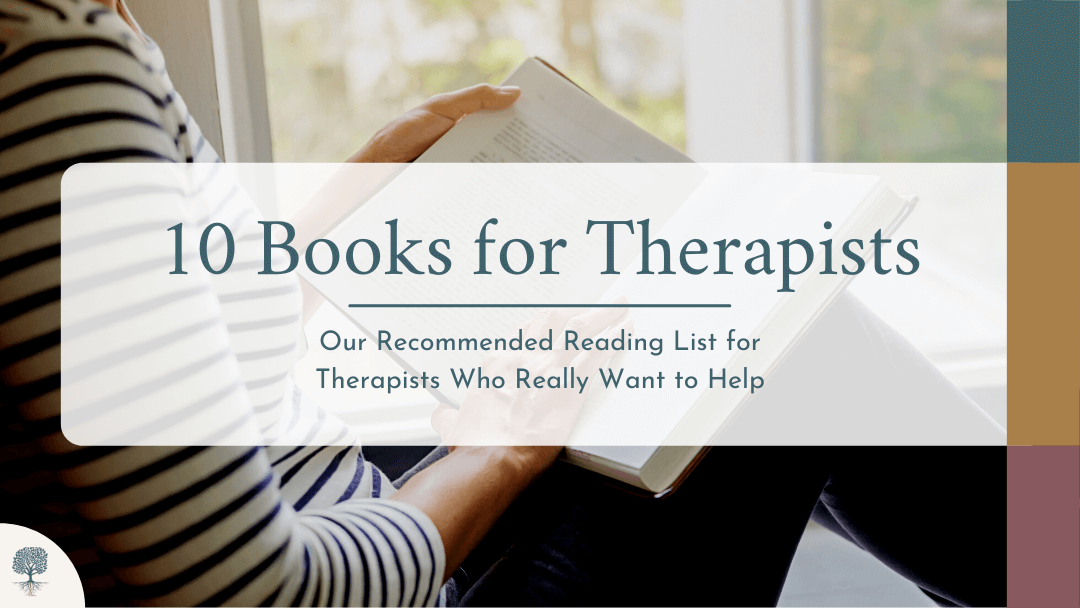
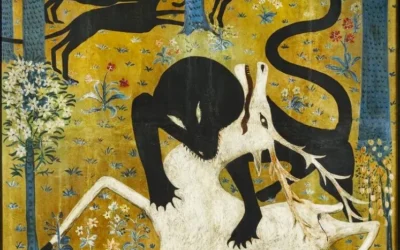
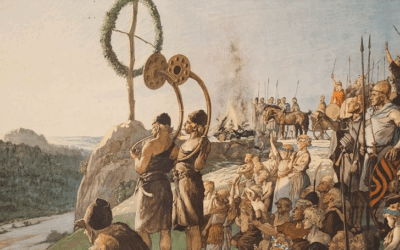
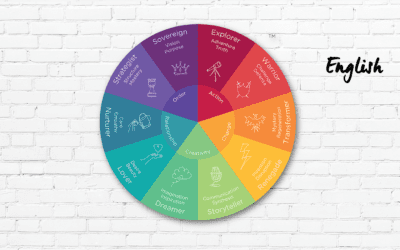
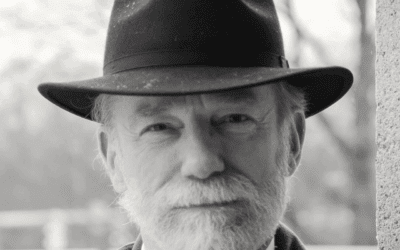
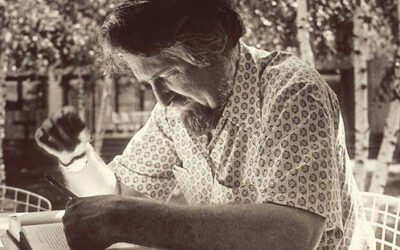





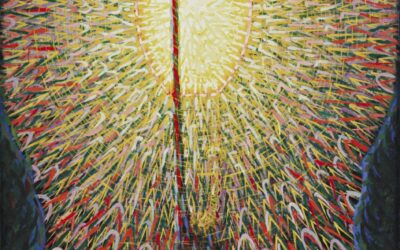

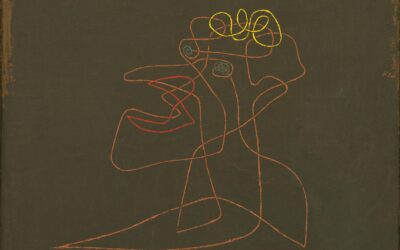


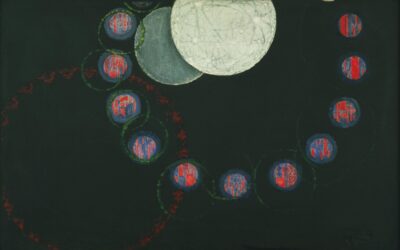
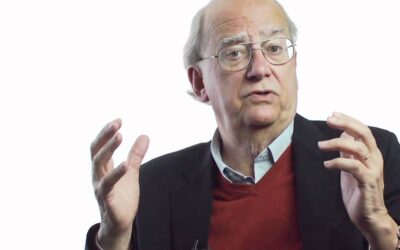
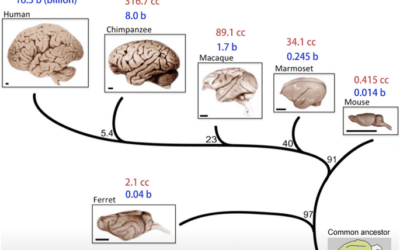

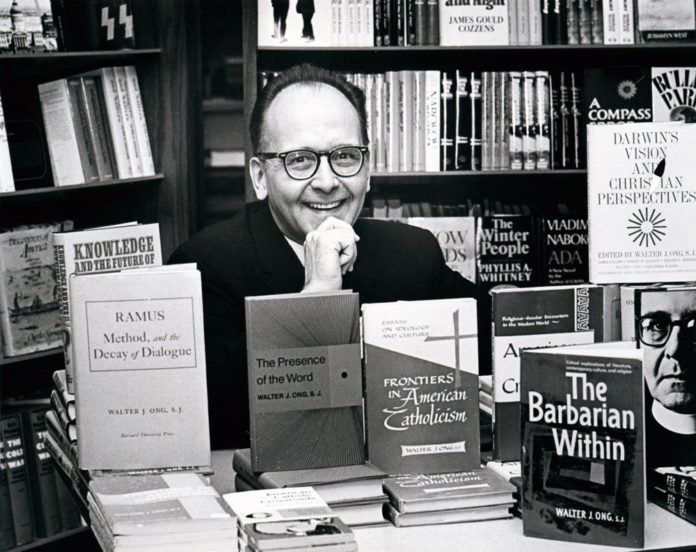


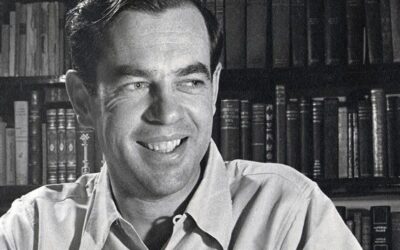
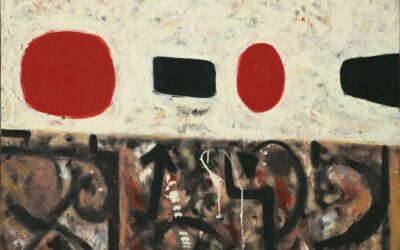
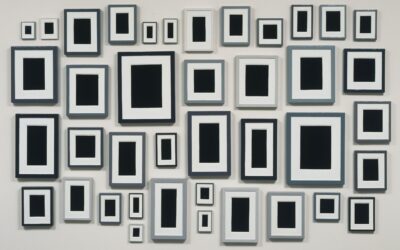
0 Comments